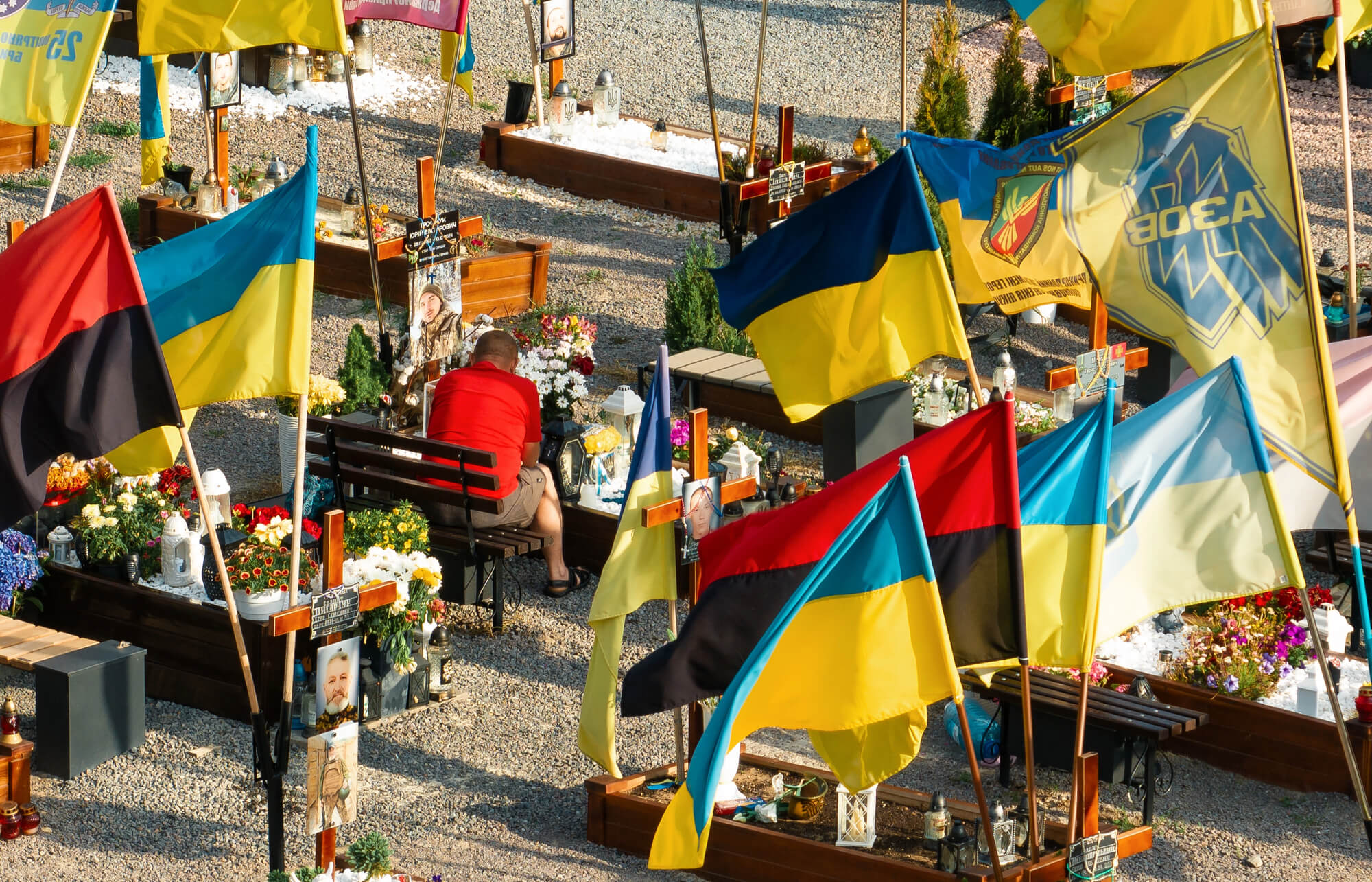Corruption is a Russian colonial legacy, which Ukraine has started to overcome. We believe in the success of this process, however, it requires permanent effort.
Corruption has been humanity’s scourge since the beginning of time. We may debate when corruption started but frankly it does not matter whether it was Eve or the serpent who corrupted Adam or somebody else who committed this sin for the first time. The important thing is that this “disease” could be impossible to eradicate but it can certainly be treated. And so nobody should be surprised to hear stories about corruption in Ukraine (or any other country) but the focus should be on how the corruption issue is being treated by the Ukrainian authorities and society.
To this end, it is helpful to compare Russia and Ukraine. In short, Russia has a long, rich tradition of corruption. Mikhail Saltykov-Shchedrin, a famous Russian satirist in the 19th century who spent most of his life working as a civil servant, allegedly said: “If I fall asleep, wake up 100 years later and somebody asks me, what is going on in Russia, my immediate answer will be: drinking and corruption.” A prophetic forecast! In a similar spirit, Leo Tolstoy observed: “The corruption in Russia is not a vice of a few isolated individuals, but a widespread and deeply rooted condition, which penetrates all of society and all of government.” Government officials were almost expected to take bribes and the only question was what constitutes a reasonable bribe. For example, in his immortal comedy The Government Inspector (Revizor; 1842), Mykola Gogol, a Ukrainian who became a prominent Russian writer, describes a senior government official scolding a junior government official for taking bribes incommensurate with his rank. This brief literature review conveys the spirit of endemic corruption. It was so rampant that Russia would lose wars (e.g., the Crimean war of 1853-1856) because of it.
Naturally, the Russian empire spread this poison to its conquered lands and peoples (more recently, Russia exported not only energy but also corruption at levels as high as a German Chancellor). Being a Russian colony, Ukraine was “infected” with this culture. It is not to say that corruption is solely a Russian trait, but that high tolerance and even implicit support of corruption in the Russian empire/USSR has a definite negative effect on all countries under its yoke. Importantly, however, unlike Russian society, the Ukrainian public got fed up with ubiquitous graft and tried to do something about it.
The 2004 Orange Revolution was a response to the “election” of Viktor Yanukovych, who embodied corruption for protesters. The 2014 Maidan Revolution was again a response to the widespread corruption when Yanukovych was Ukraine’s president. There has been a clear consensus in the society that corruption is #1 enemy. Furthermore, since the Russian annexation of Crimea and partial occupation of the Donbas in 2014, corruption has become an existential threat to Ukraine as a sovereign state.
Recognizing this mortal danger, Ukraine has set on a path of reforms to minimize corruption as much as possible. The progress has been slow and with occasional setbacks but it is undeniable that Ukraine now is vastly different from Ukraine in 2014, the low point for the country under Yanukovych. With the Western help and the clear demand of the society, Ukraine has established a number of institutions tasked with preventing (NAZK), investigating (NABU), prosecuting (anti-corruption prosecutor), and punishing (anti-corruption court) corruption. Transparency has been enhanced dramatically: public procurement has to go via ProZorro platform, politically exposed people (and their families) have to reveal their incomes and spending, etc. The patrol police was reformed to eliminate petty bribery. Ukraine’s movement to be “not Russia” meant that people should not offer and should not take bribes.
Obviously, such reforms take time but the results are tangible: real sentences to high-ranking officials engaged in corruption, a massive clean-up of the banking sector, electronic VAT refunds, independent boards, etc. The strength of Ukraine’s armed forces is perhaps the ultimate testament of how different Ukraine is. Recent scandals with overpriced procurement of food for the army drew enormous public outrage and spurred the authorities to double down on corruption. In contrast, the failures of the Russian army due to corruption hardly generated any discussion or protest in Russia.
Is the war on corruption in Ukraine won? No, one has to deal with a host of problems in the courts and at lower levels of government as well as in some areas of procurement that have not been reformed, management of state-owned enterprises, oligarchs, etc. Here we can promise only “sweat, blood, and tears”. But some key battles have been won. Perhaps more importantly, Ukrainian society is determined not only to defeat Russian aggression but also to beat back corruption. This indicates a change in the equilibrium: taking and offering bribes is increasingly odious and socially unacceptable. Indeed, the share of people who believe that corruption can never be justified increased to 64% from 40% before the full-scale war.
Some time in the future, Ukraine will celebrate a Victory Day to honor those who fell defending the country from the Russian invasion. But there will be no victory day for the war on corruption. Instead, it will be a perpetual fight with ups and downs. However, as long as being “not Russia” is in Ukraine’s DNA, Ukraine will overcome this disease and permanently shift to the equilibrium where corruption is not tolerated. So if we fall asleep and wake up 10 years (not 100 years!) later, we could be surprised to learn that Ukraine was once a corrupt country.
Attention
The authors do not work for, consult to, own shares in or receive funding from any company or organization that would benefit from this article, and have no relevant affiliations




